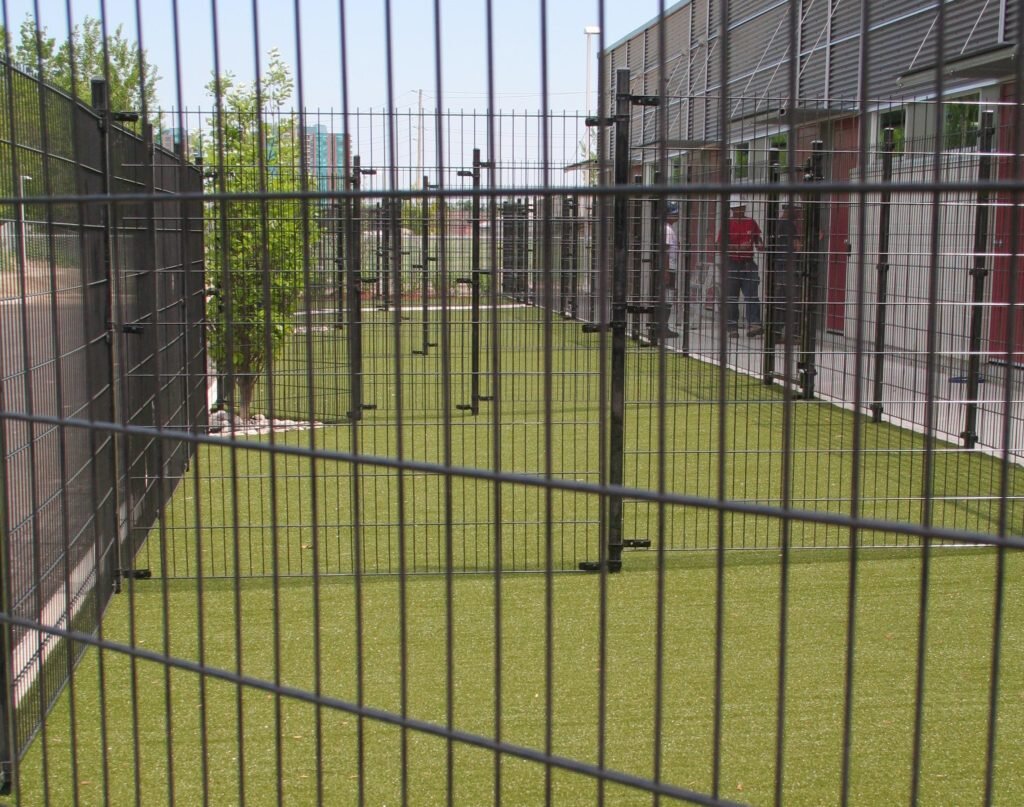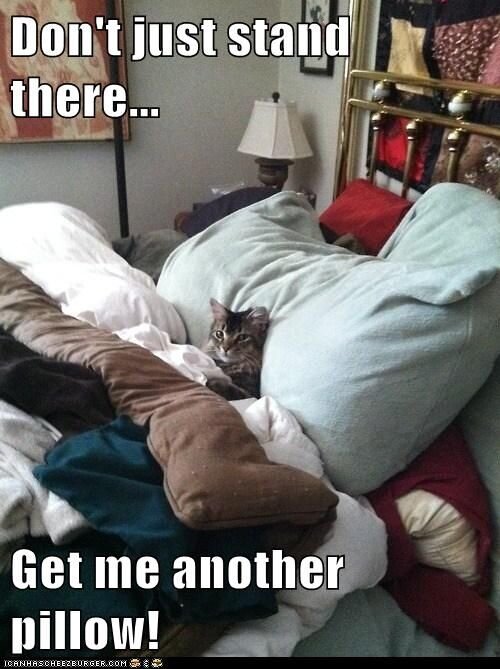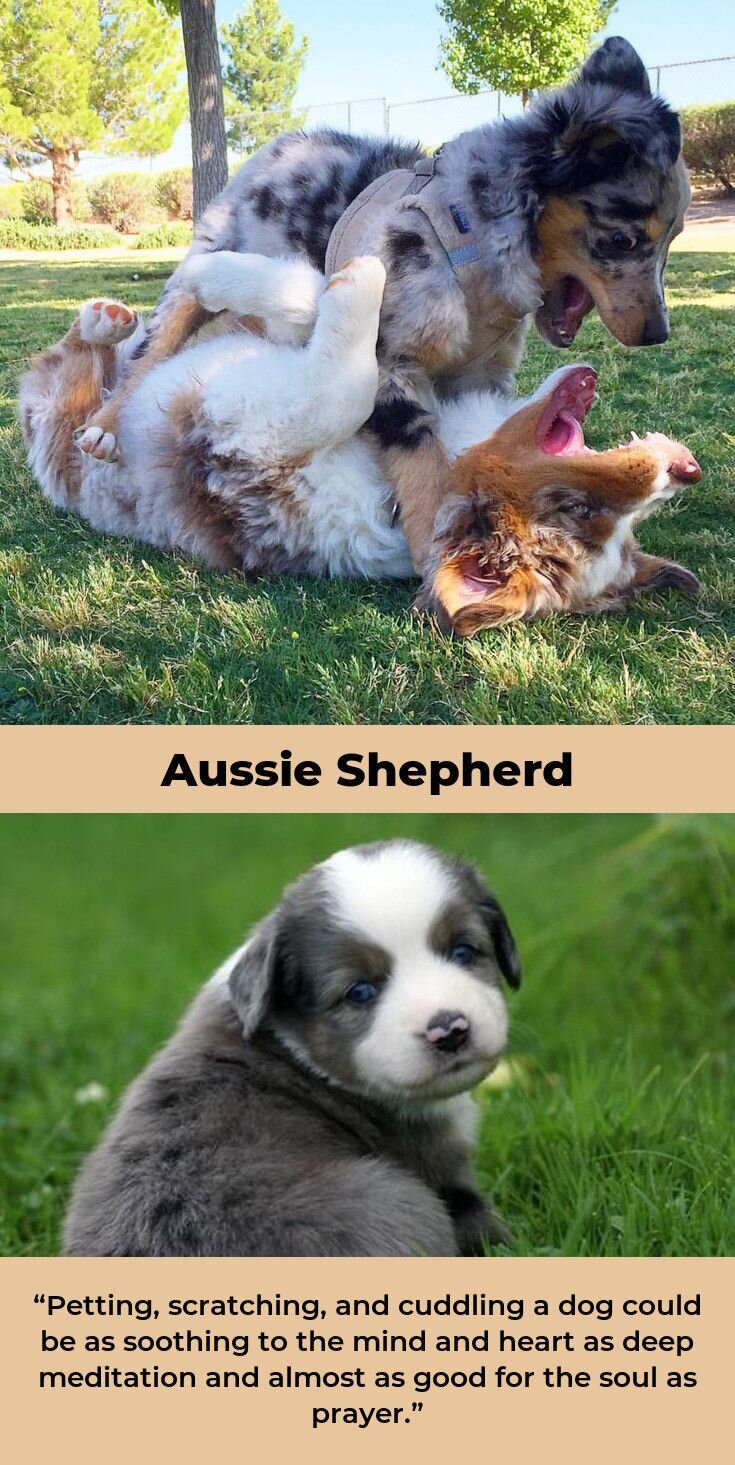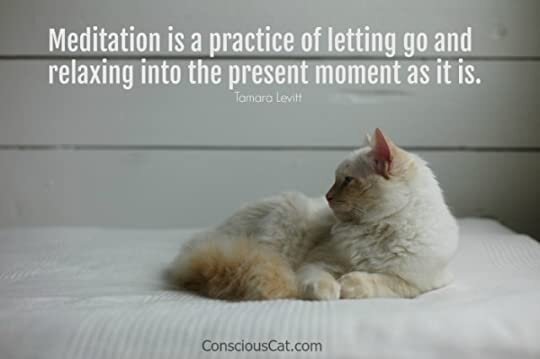David Baxter PhD
Late Founder
Family Day and Half-full Shelters
by Bruce Roney, President & CEO, Ottawa Humane SocietyFeb 12, 2021
COVID-19 has impacted the OHS and most shelters in North America. For a variety of pandemic-related reasons, most of us are admitting fewer animals than we did pre-pandemic. But this was becoming a trend in most shelters years before any of us had heard of COVID-19. The question is why. I believe most animal welfare professionals would agree there are multiple reasons, but that the biggest factor is a shift in our relationship with our pets.

Dogs are believed to have been domesticated around 15,000 years ago; cats around 7,500 years. For millennia, the majority of dogs and cats were working animals, kept as an early warning to danger, to tend and protect livestock or to control rodent populations. Pets, as we might understand them today, were largely the province of the wealthy.
Over time, and as our society became more urbanized, dogs and cats role morphed from workers into pets for the masses. Still, even as pets, dogs and cats were often seen as an occasional amusement, rather than a constant companion. “Man’s Best Friend” was often kept chained in the backyard. Cats were allowed to roam. They might be seen as occasional visitors, rather than a lifelong companion.
Fast forward to today. A recent poll conducted by the Ontario Veterinary Medical Association found that a full 78% of owners considered their pet to be a member of their family. Another 8% consider Fluffy or Rover their best friend. Terms virtually unheard of 20 years ago, such as “pet parent” and “fur baby” have entered the everyday lexicon. Clearly there has been a profound change in how we view our pets.
Society’s evolving view of pets has played a direct role in falling shelter populations.
People are far more likely to provide better care for a pet they consider a member of the family. They aren’t going to let their cat outdoors alone any more than they would a young child. They are going to take their dog to the veterinarian. And if something happens to their pets, they are sure not going to surrender them to an animal shelter unless they absolutely have to.
The difference is the family bond. The bond between a person and an animal creates a commitment to the animal’s safety and her well-being. The commitment is lifelong and long may it continue.






